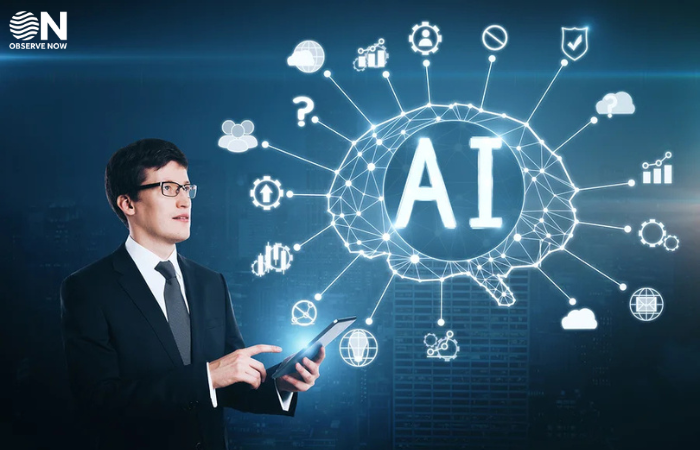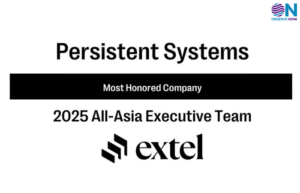India Tops GenAI Course Enrollments, But Lags Behind in Real-World AI Skills

India has recorded the highest number of enrollments globally in Generative AI (GenAI) courses, according to the Coursera Global Skills Report 2025. With a dramatic 107% year-over-year increase and more than 2.6 million enrollments, the numbers underscore an unprecedented interest in AI education across the country. However, the same report reveals a sobering contrast—India ranks 89th globally in overall skills proficiency, exposing a persistent gap between interest and implementation.
This paradox presents a critical challenge: how can a nation leading in AI education engagement continue to trail in the practical capabilities required for real-world AI adoption?
The enthusiasm around GenAI courses in India can be attributed to several key trends. The rise of user-friendly tools like ChatGPT, DALL·E, and GitHub Copilot, combined with aggressive digitization initiatives, has created an ecosystem where AI literacy is both aspirational and economically strategic. Edtech platforms such as Coursera, Udemy, and upGrad have reported record sign-ups from Indian learners eager to tap into the future of work.
“From college students to mid-career professionals, there’s a surge of curiosity around GenAI,” said an industry analyst. “The narrative around AI being a job displacer has shifted. People now see it as a tool to stay relevant.”
Courses related to prompt engineering, natural language processing, generative modeling, and AI ethics are in high demand, especially in Tier 2 and Tier 3 cities.
Despite the enrollment boom, the report’s ranking of India at 89th out of 100+ countries in AI and digital skills proficiency highlights a disconnect. Many learners are consuming content but falling short in applying that knowledge effectively. The gap is particularly visible in project-based assessments, collaborative coding environments, and AI deployment practices.
Experts believe this issue stems from an overemphasis on theoretical content and a lack of structured hands-on experience. While online learning has widened access, it hasn’t consistently delivered the depth and rigor needed to produce industry-ready professionals.
Indian companies across sectors—from BFSI to healthcare and e-commerce—are investing in GenAI integration. Yet, many hiring managers report difficulties in sourcing candidates who are both technically sound and application-ready.
“In interviews, we see candidates who’ve completed multiple AI courses but can’t design a working prototype,” shared a senior HR executive at a tech startup. “It’s not just about knowledge anymore—it’s about demonstrable skill.”
To close the skill gap, experts suggest a focus on experiential learning models. Universities and training platforms are being encouraged to incorporate capstone projects, AI labs, internships, and real-world case studies into their offerings.
Additionally, collaborative initiatives between academia, industry, and government can drive the creation of more outcome-oriented programs, particularly in regional languages to ensure inclusivity.
India’s explosive growth in GenAI course enrollment marks a strong step toward AI democratization. However, to turn this learning enthusiasm into true workforce capability, the focus must shift from just learning AI to doing AI. Only then can India fully realize its potential as a global leader in AI innovation.
















